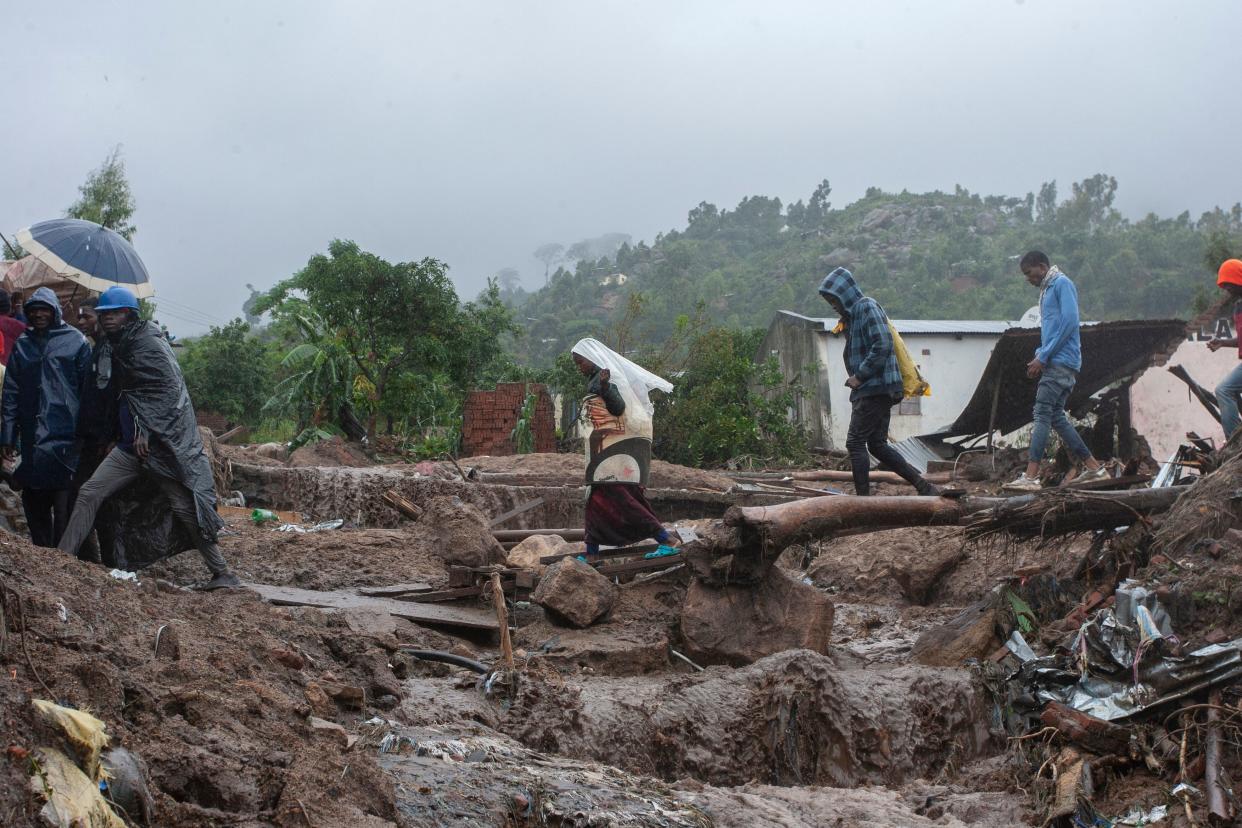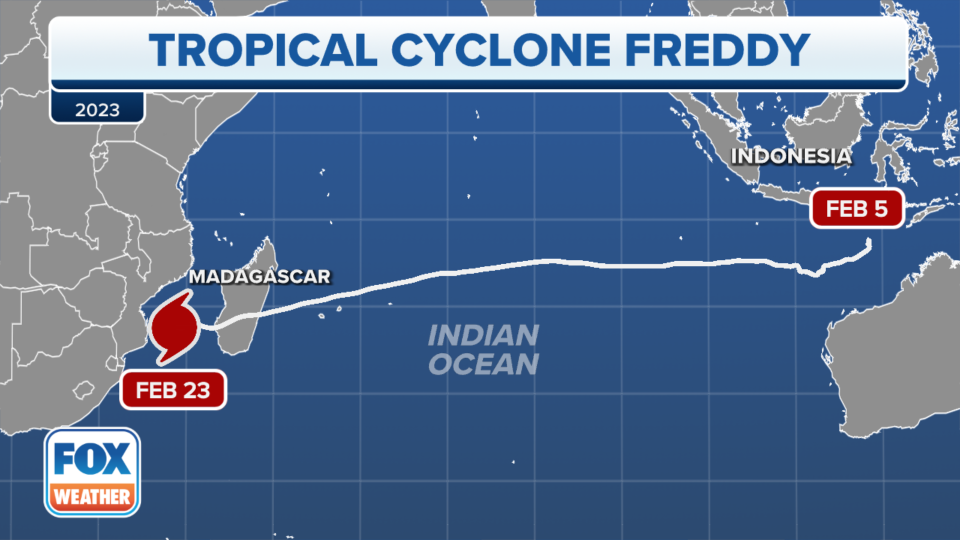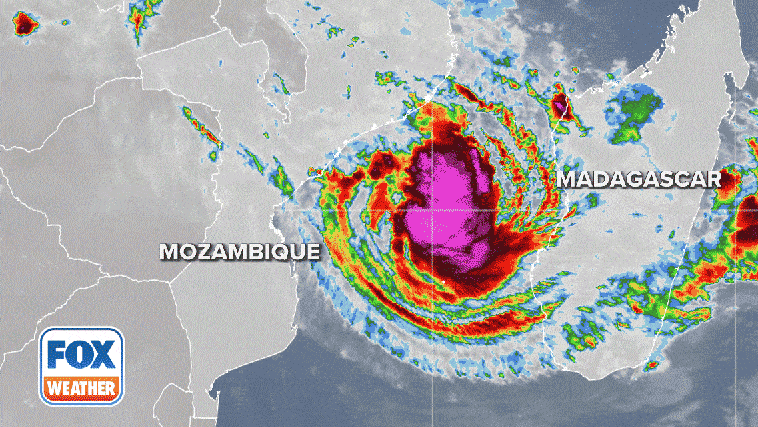Ferocious Freddy: Meet the longest-lived tropical cyclone in history

The World Meteorological Organization has announced Tropical Cyclone Freddy of 2023 was the longest-lived tropical system in history, spanning an unprecedented 36 days across the Indian Ocean.
The cyclone initially formed off the coast of Australia in February before traveling westward across the vast Indian Ocean and dissipating in March.
The WMO said the system traveled approximately 7,945 miles while maintaining at least tropical storm status - that’s nearly 33% of the Earth’s circumference.
The storm made multiple landfalls in southeastern Africa before raining itself out over the continent.
"This investigation highlights the meticulous care that the WMO undertakes in certifying all weather observations. Such painstaking evaluation provides the critical confidence that our global records of all weather phenomena are properly measured," Randall Cerveny, a weather and climate extremes expert with the WMO, said in a statement.

5 DIFFERENT NAMES FOR HURRICANE AROUND THE WORLD
Cyclones are much like hurricanes in the Atlantic basin and typhoons in the Pacific but spin clockwise instead of counterclockwise due to the Coriolis effect.
While the width of the cyclone was not large, its strength reached the equivalent of a Category 5 hurricane while over the Indian Ocean.
The cyclone’s estimated wind speeds and duration resulted in it generating the highest Accumulated Cyclone Energy (ACE) of any tropical system on Earth, totaling 87.01 units.
The previous record was set by Typhoon Ioke in 2006, which generated an ACE of around 85.26 units in the Pacific.
The average hurricane season in the Atlantic produces a combined ACE of 122 units, meaning that Freddy accounted for more than 70% of a typical season’s energy.

FEROCIOUS FREDDY SLAMS INTO MOZAMBIQUE FOR SECOND TIME IN 2 WEEKS
Countries such as Malawi, Mozambique and the island of Madagascar were the hardest affected by the cyclone.
According to data compiled by the United Nations Office for the Coordination of Humanitarian Affairs, more than 1,400 people were killed, making it the third-deadliest tropical cyclone ever recorded in the Southern Hemisphere.
Freddy’s erratic movement after landfall caused heavy rainfall and excessive flooding across more than half a dozen countries.
The African Risk Capacity’s Tropical Cyclone Explorer model estimated the storm caused nearly $500 million U.S. dollars in damage.
"Freddy was a remarkable tropical cyclone, not only for its longevity but also for its ability to survive multiple land interactions, which unfortunately had significant consequences for southeast African populations," Chris Velden, a WMO committee member and tropical cyclone expert from the University of Wisconsin, stated.
Due to the extensive damage, Freddy has been removed from the tropical cyclone naming list used by the Australian Bureau of Meteorology.
Original article source: Ferocious Freddy: Meet the longest-lived tropical cyclone in history


